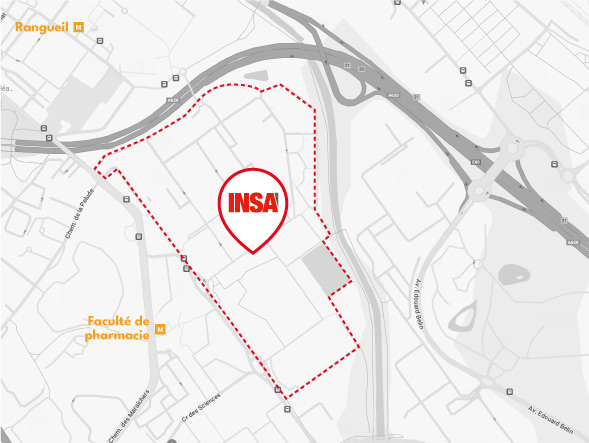Heterogeneous reaction engineering
Objectifs
At the end of this module, the student will have understood and be able to explain (main concepts): - the different types of chemical and biological catalysts and their working modes - the stoichiometry, kinetic laws and their combination for the description of microbial cell behaviour for growth and production, - the notion of limiting step(s) in heterogeneous reactions - the notion of apparent reaction rate - the expression and meaning of dimensionless numbers (Hatta, Thiele, Weiss, Biot...) - the notions of effectiveness factor and enhancement factor - the description and modelling of batch, fed-batch and continuous, single or multi stage biological reactors with or without recycling. The student will be able to: - determine the limiting process(es) in a chemical heterogeneous reaction - express the apparent global rate of a chemical reaction depending on the working conditions - identify the general metabolic scheme of microbial growth - establish the stoichiometric equations and kinetic laws for biological reactions with respect to the environment conditions establish an intrinsic kinetic law - select and design the most suitable reactor to perform a given reaction - integrate and prioritize the mechanisms in order to model homogenous and heterogeneous biological and chemical reactors
Pré-requis
Transport and reaction in fluid media Fluid properties and mass transfer Thermodynamics Thermal transfers and reactors Microbiology and statistics
Évaluation
L’évaluation des acquis d’apprentissage est réalisée en continu tout le long du semestre. En fonction des enseignements, elle peut prendre différentes formes : examen écrit, oral, compte-rendu, rapport écrit, évaluation par les pairs…
En bref
Crédits ECTS : 6.0
Nombre d’heures : 67.0

INSA Toulouse
135 avenue de Rangueil
31077 Toulouse cedex 4
Tél : 05 61 55 95 13
Fax : 05 61 55 95 00

Dans un souci d'alléger le texte et sans aucune discrimination de genre, l'emploi du genre masculin est utilisé à titre épicène.











